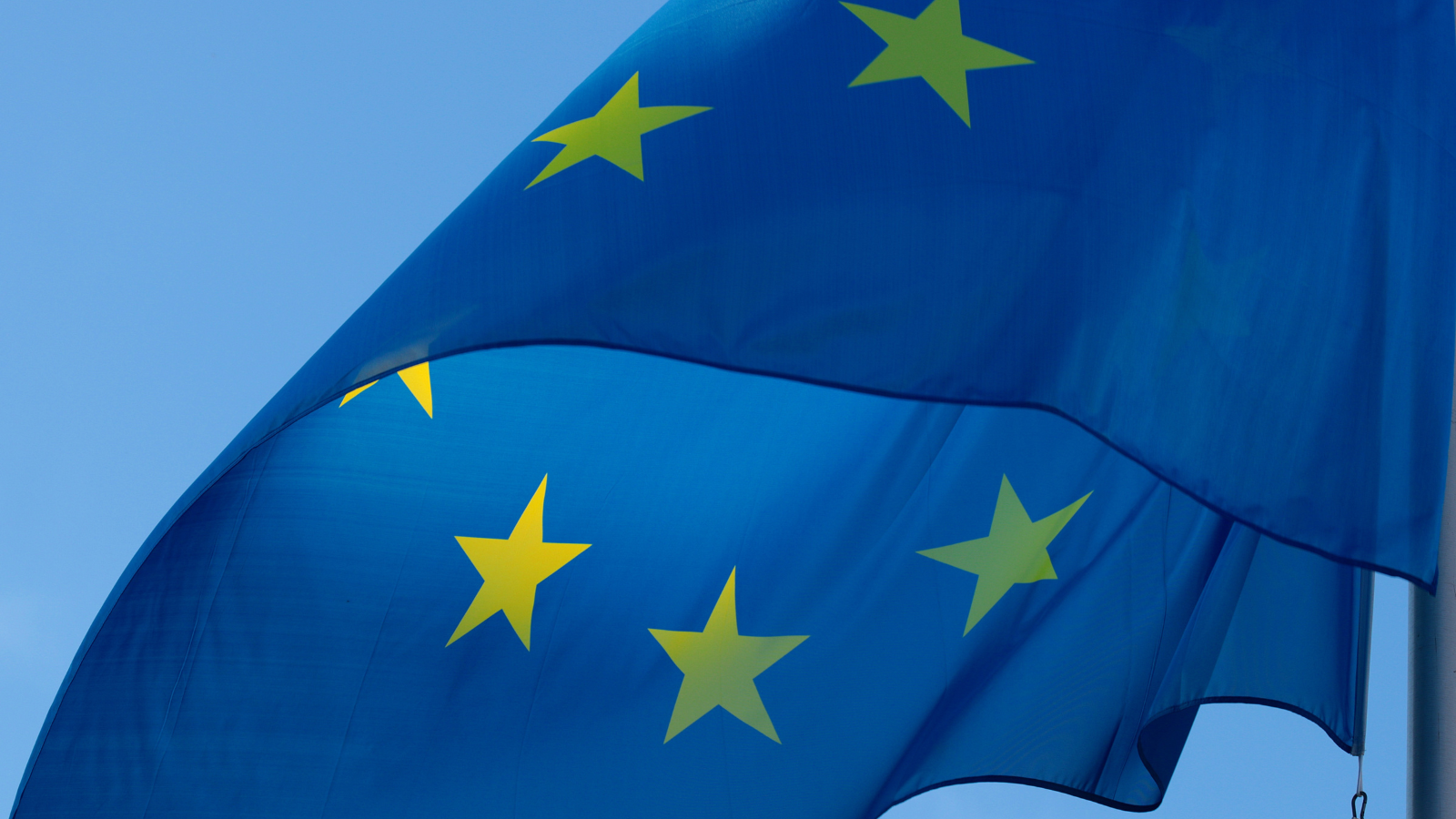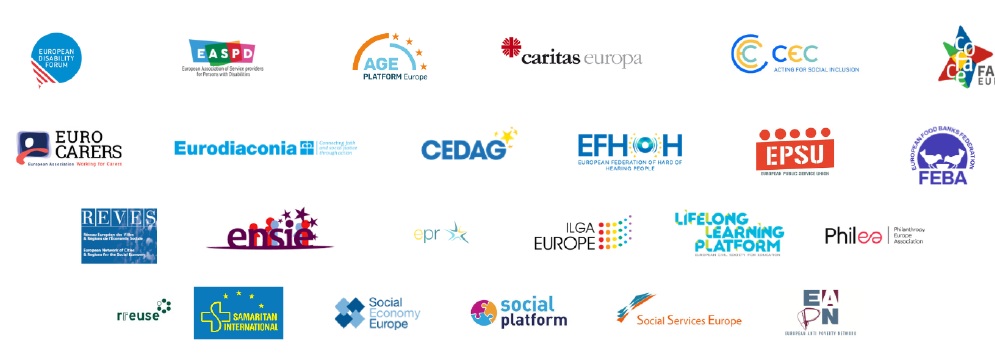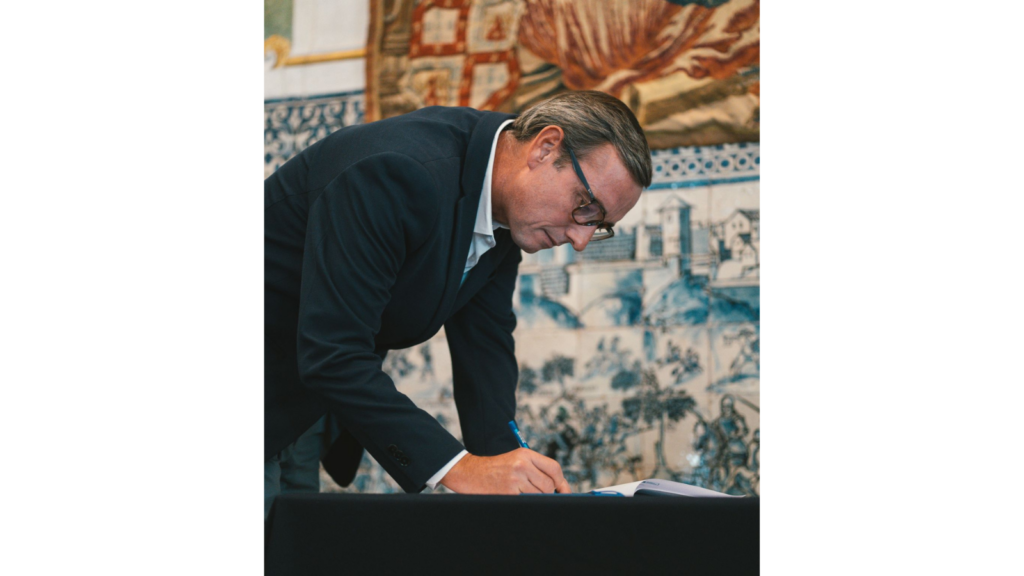On the 20th of December 2023, the European Commission and the European Council reached a long-sought political agreement on the EU Pact on Migration and Asylum. While the Commission described the agreement as ‘historic’, the European Council on Refugees and Exiles called it ‘a dark day for Europe’. In fact, Civil society has widely criticised the Pact for its transgressions on fundamental rights, including providing for the detainment of children. 55 civil society organisations signed an open letter calling for the Pact to be rejected. Despite this, the Pact now awaits formal adoption by the EU Parliament in April 2024.
The Pact consists of 5 main regulations: the Screening Regulation, the Eurodac Regulation, Asylum Procedures Regulation, Asylum and Migration Management Regulation and the Crisis and Force Majeure Regulation. Each component and how they interact is extremely complex, and their limited protections contain sub-clauses that allow even further derogations.
The Screening Regulation obligates all third country nationals to undergo a screening before they will be legally recognised to have entered the territory.
The Pact allows for this process to take 10 days. In practice, similar procedures in Samos, Greece, have been known to take an average of 1.5 months. Civil society organisations have declared this procedure to create a situation of de facto detention. The Border Violence Monitoring Network highlighted the potential for this to increase the racial profiling of racialised communities already in Europe. This is because the screening procedure will apply to anyone suspected of entering the EU irregularly, regardless of where they are.
After this screening procedure, third country nationals will be directed to different asylum procedures based on their nationality. People from countries with an asylum acceptance rate of less than 20% will be sent to accelerated procedures, with fewer safeguards and extended detention. In vaguely defined circumstances, this accelerated procedure will apply to all arrivals. Families with children are not exempt from this procedure. A few Member States in fact secretly lobbied against a general exemption on the detention of children.
The Commission’s original proposal to expand the definition of family to include siblings and extended family members was rejected by the States. This is a huge blow to many people’s hopes for family reunification.
The Eurodac Regulation requires that children from the age of 6 will have their biometric data collected. This contrasts with the GDPR which states that children under 16 cannot have their personal data processed.
Through the ‘solidarity mechanism’ states can avoid the relocation of arrivals to their territory by contributing to coercive measures aimed at preventing arrivals in the first place. This could include training and collaborating with third countries or building securitised border areas. NGOs have stressed that the Pact’s focus on securitisation and coercion is unlikely to have any impact on the number of people who make the often perilous journey to Europe. It will simply make this journey more difficult.
The Crisis and Force Majeure Regulation allows derogation from the already reduced protections for people on the move. States will be able to arbitrarily decide when to apply the accelerated border procedure. In cases of ‘mass influx’, nationals from countries with less than a 75% acceptance rate will go through the accelerated procedure.
As focus turns towards the implementation stage of the Pact, civil society have stressed the need to interpret the regulations with the strongest protections possible. Implementation must be in line with fundamental rights, and reception conditions must be improved. That said, the Pact only states that NGOs ‘may’ be included in monitoring activities, therefore the Pact’s actual implementation will largely remain in a veil of secrecy.
Read more about the EU Migration and Asylum Pact here.





